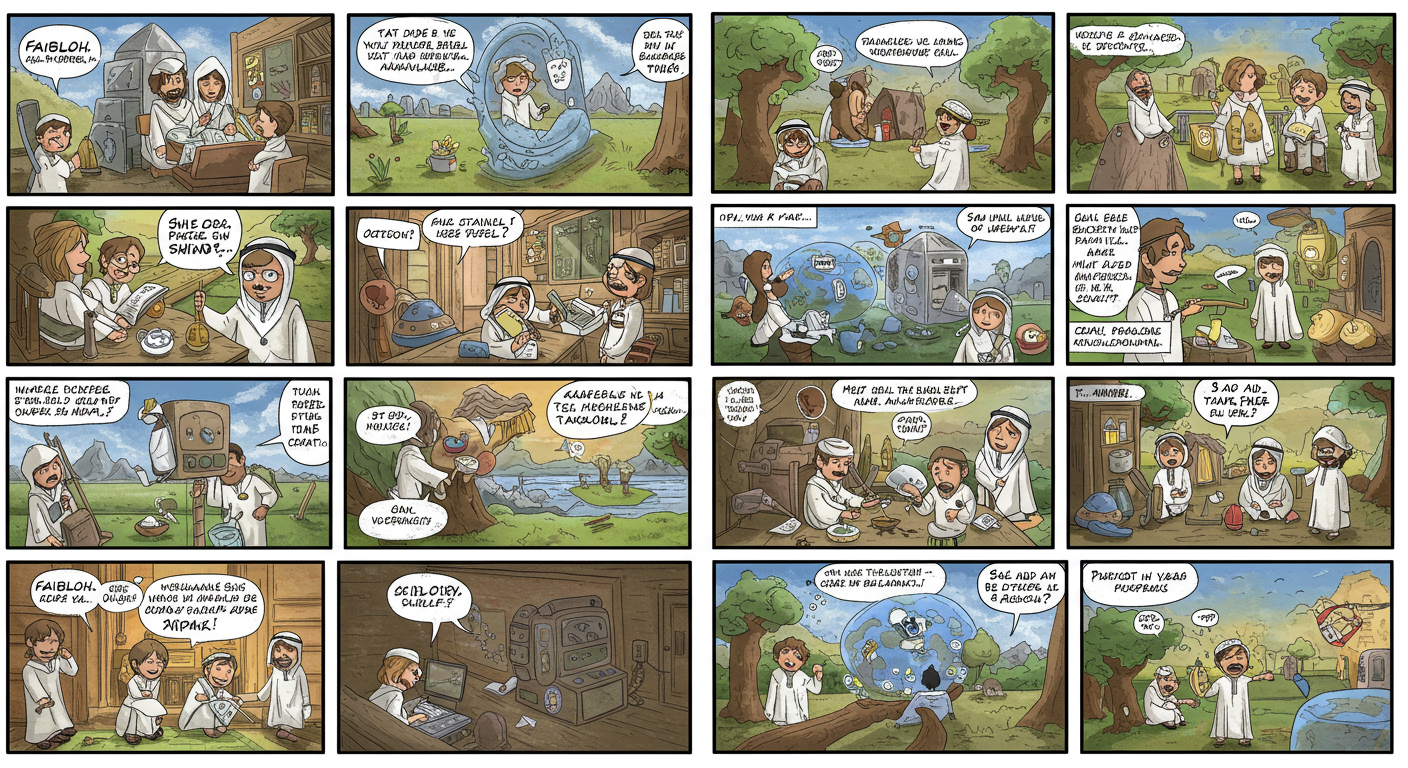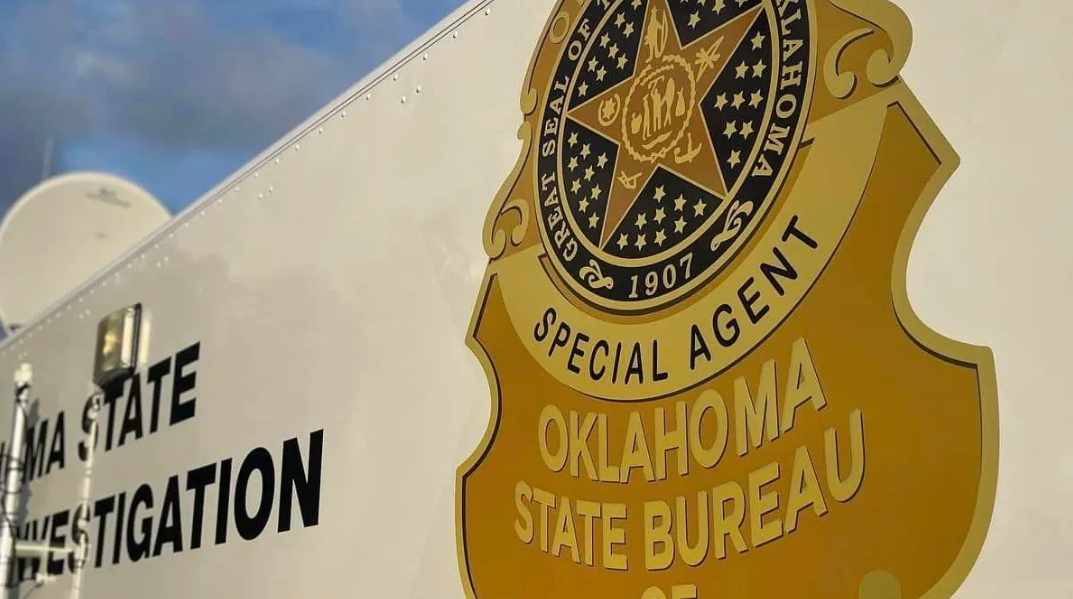When good cops retire and ultimately settle down to what they envision as life of fewer demands. Naturally, thoughts will revolve around their continued existence, and what the future will hold in store.
Before retirement becomes a gleam in the prospective beneficiary’s eye, memories revert to the recruitment poster that haphazardly hung in the barbershop, or the words from a respected family member who themselves joined the department long ago. They remembered a flyer that called for self-starters, those that can work under pressure, with little supervision and ones who are able to make instant decisions that will triumph following the most stringent review. Some decisions will face harsh scrutiny from the country’s highest ranking judicial body. Oddly, never once are the defenders that made that controversial assessment considered; only the decisions they made.
If successful, the academy training course will be a sobering wake-up call. It is if the devil himself offered a personal escort onto the downward, ever spiraling, greased slope of disaster; into what could only be described as a nightmare. From the first day, it was not what any expected. For most, at least while in training, it is what many would come to revile. Some would fold under pressure. Most would exceed even their own expectations. There would be several weeks of hard work when muscle fiber would tear, where profuse perspiration could have irrigated the academy commander’s lawn, and where the dream of completing this masochistic exercise was almost unimaginable.
Once graduated a bond will be formed with co-workers. It can only be severed death. The former fledgling has been transformed into a confident, raptor ready to leave their safe and protected nest. Asked if ready? Collectively, and in unison they shout “UUH-RAHHH!”
From the start, the new officer is expected to perform with maximum effort. The lives of family members, the public as well as each they work with depend on the decisions made. They must be spontaneous and spot-on. It is only now they realize why the recruitment flyer was so accurately specific.
Before one can be entrusted with the department’s full resources, the recruit must meet the department’s chosen inspiration, tolerably known as the “Field Training Officer. If the trainee had prior law-enforcement experience, they may have been used as the spark to ignite the dampened powder that lay dormant in the belly of the old cannon. It was a well intended jab at rejuvenation, most often unsuccessful. Instead, the first words imparted to the polished and eager to learn were, “Trust no one and get them first, before they get you.” Followed by, “forget everything you learned in the academy.” Field training officers love to impart that knowledge to the impressionable new officer. It gives them power and the assurance that everyone they run through that seemingly never ending break-in crucible will remember them by. It has been the mantra sung by field training officers since the days of Sir Robert Peel.
After weeks of hard work, they are finally on their own. They have the full resource and support of their peers, their supervisors, and the department. Badgering from the older, apathetic and complacent officers suggest they should not try to set the enforcement world record on fire. For now the words go unheeded.
At last, there is true independence. The officer may not see a supervisor the entire shift. The more callused officer may be able to avoid a chance meeting altogether. For them, a successful workday is one spent “Ditching the Ferret.” However, even for the most astute subordinate, supervisor avoiders are no competition for the three-striper with silver hair.
One supervisor, who was aware that a particular officer was often away from his assigned sector, called and asked for the patrol car odometer reading. Suspecting the mileage was needed to schedule a vehicle replacement the officer willingly complied. The supervisor asked for the officer’s location. One was given well within the assigned sector. Once reported, the supervisor directed the officer to remain in place. When they met, he was asked if he had moved. He had not. The sergeant checked the car’s odometer and found it to be errant by 47 miles more than originally reported. The officer was directed to explain the discrepancy in writing.
A few departments publish in-house, the sustained transgressions committed by employees (names withheld). They are fondly referred to as, “The Funny Papers.” Some are humorous in nature. One incident described a pizza parlor owner who reported an intoxicated off-duty officer that was swinging from a chandelier in his restaurant. The officer, wearing buccaneer boots and swishing a pirate sword, was shouting “Prepare to be boarded.” Ironically, he boarded the plank of suspension for a day.
Time on the job passes quickly and seasoned officers may find themselves at a career fork in the road; they either become a career officer, become a part of management, or resign and move on. Each spoke in the career choice trinity offers rewards and consequences. Of the first two choices, there is little more rewarding than to present the most favorable image of the department in which they represent. Conversely, there is a line between positive conduct and appalling bad judgment. The scrutiny an officer will suffer affects not only their individual verve, but the reputation of the entire department. All will feel the repercussions of the employee’s wrongdoing.
Once close, retirement must be given serious consideration. The thought of leaving something to which one has devoted time, energy, and deep feeling cannot be taken lightly. Transitioning from something exciting, and challenging, to a non-productive, more or less recluse existence is almost unconscionable. Realistically, part of them will be taken forever. It means parting with a piece of their soul. Old cops do not like to leave things they love.
For the young, it is not a problem. Every new day is a wild and intense liaison intravenously pulsed into the throbbing vein of destiny. They want to be there for each and every electrifying second. The new officer, still somewhat impetuous wishes to brim his basket of experience yesterday. Little do they know, retirement will face them faster than it takes a divorce attorney to ask for a retainer.
A cop has a lot to think about before retirement; anticipation yes, but also the heartbreaking downside that is a close kin to rejection. The last day is one of mixed emotion. They realize the gate leading to the pasture only opens one way. A return to the office even after a short time can make the retiree feel uneasy. Now, they must enter through the front door, and most assuredly, there will be new faces.
Years pass and as inflation catches up, the fiscal silk thread of economic solvency becomes so thin, it can no longer support the weight of the sacrificial worm that wove it long ago. The only golf played now is miniature golf. The former officer is no longer unique. They become a blade of grass in a meadow fertilized by the manure that seems all too memorable of times past.
When the monthly retirement stipend will no longer cover the inflated cost of living, a sobering chat with the demons that circle the comfortable existence globe scream for a financial resolution. The local Wal-Mart greeter position, the position they swore never to seek, the one in which duties include collecting and separating Wal-Mart carts from Safeway carts suddenly becomes attractive.
It is understandable how the spiraling financial demise reluctantly happens. One reason was the recent divorce that split the ever fragile post-retirement marital bliss. No longer is the soon to be ex-spouse willing to have a beer drinking, demanding, balding, sorrowful blob of order spewing minutia close by, let alone full-time. It has been the other’s domain for thirty years and no one is going to impose on that sanctioned, consecrated ground.
As for the geezerette, her spouse suddenly becomes unwilling to perform as if he was a balanced ball on the nose of a rampaging, menopausal sea lion who has fed upon great white sharks for the last twenty-five years. It won’t happen in his sea of tranquility.
Once the former guardian of peace realizes that half their salary, half their retirement, and possibly a tad of spousal support will be leaving the fold of their wallet or purse each month, the moths they harbored will have nothing to feed upon.
In a few years, however, the retiree will resolve life’s pressing issues and find a happy place. With a sense of pride, they hold dear the remaining photographs of days long past when they were the center of attention, when they were the resilient ones that others looked to for direction. Now the TV and an old, slow computer are the items centered on each day. They are the only lifeline to the outside world. Even the cell phone had to go. To avoid embarrassment from being without, they wear a garage door opener.
In a brief attempt to revitalize lost remembrances, a compassionate friend will drive by the office where they left so many memories; a place that filled their heart with joy and sadness, all within the same nano-second thought. It will always be the same, but again, they are quick to realize, it could never be the same. There are different people in that building now.
They gaze at the well trained, energetic officers standing proudly beside the department’s latest state-of-the-art patrol cars. They remembered being that young fry who swam their strongest against the tide of crime, wrongdoing and misdeed. They did one heck of a job too! It’s a shame they were the only ones that recognized it.
Moments later, they will return to a life of silent recollection. Their pride and self-respect will provide sustaining nourishment to get them through the remaining days; to the day when the last glimmer of light along with their last thoughts of past glory fade into darkness. Only then will there be a genuine and final release from their profession. How well those of us who have traveled that journey understand.











